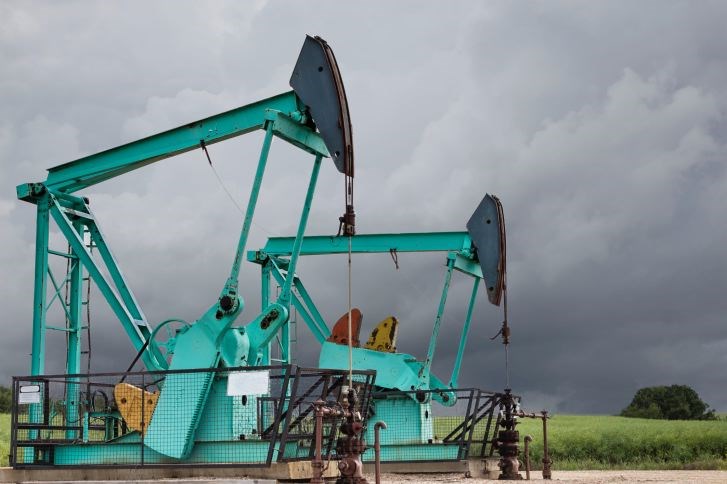Northeast B.C. mayors and the province's natural gas ministry are looking for alternative markets for B.C. petroleum products after a string of bad news for B.C.'s stalled LNG export industry.
Natural gas minister Rich Coleman and members of the Northeast B.C. Resource Municipalities Coalition have been in discussions about attracting investment in "value-added" industries that could use B.C. gas, according to a July 19 news release from the coalition.
Those industries could include petrochemicals, plastics, methanol, gas to liquids, and natural gas for transportation uses, the coalition said.
"The coalition will be having further meetings with Minister Coleman and his senior staff to examine opportunities to develop a sophisticated natural gas processing industry in the northeast, well beyond extracting natural gas liquids," Fort St. John Mayor Lori Ackerman said in the release, noting those industries "could spur a steady source of jobs and taxation for the northeast."
The coalition's statements come after major setbacks for B.C.'s LNG export plans.
Earlier this month, Shell-led LNG Canada, a proposed export plant in Kitimat, announced it would not be making an investment decision this year as planned. A deal to export B.C. gas to Hawaii through an existing plant on Tilbury Island fell through.
Pacific NorthWest LNG, the project many analysts say has the best chance of being built, won't have an answer on its federal environmental assessment until September.
LNG was initially touted as a means of eliminating B.C.'s debt and creating a multi-billion dollar government prosperity fund. However, oil and gas prices have since collapsed due to oversupply, tempering expectations for the industry.
The United States, B.C.'s biggest natural gas customer, meanwhile, is set to become a net exporter of gas by 2017. Premier Christy Clark has since said the new markets afforded by LNG are the best chance of keeping the province's natural gas industry from going into terminal decline.
Kathleen Connolly, director of the Dawson Creek Chamber of Commerce, a member of the coalition, said Peace Region communities need a Plan B in case an LNG industry does not materialize.
"Even if LNG happens, we're still a few years out," she said. "What are we going to do in the meantime, and how are we going to find ways to use the resources we have?"
She described talks with the ministry in Victoria last week as "very preliminary."
"The conversation was really what are we going to do, what's Plan B?" she said.
"I think there's a recognition we have stranded assets here. Our markets are diminishing, so what do we have to do to capitalize on that resource?"



